Humans
Sign up for our newsletter
We summarize the week's scientific breakthroughs every Thursday.
-
 Chemistry
ChemistrySugar-cleaving molecule raises hope for universal blood
An engineered enzyme can quickly slice and dice some A and B markers from blood cells, bringing researchers closer to creating universal blood.
By Beth Mole -
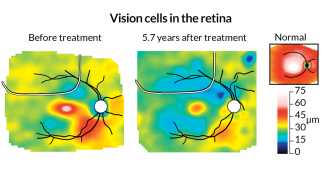 Genetics
GeneticsGene therapy for blindness dims a bit
Gene therapy improves vision temporarily but can’t save sight.
-
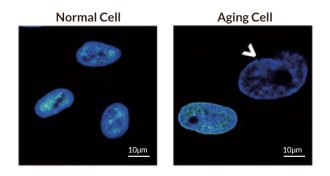 Genetics
GeneticsDNA disorganization linked to aging
Changes in the way that DNA is tightly packed in cells leads to mayhem that promotes the aging process.
-
 Health & Medicine
Health & MedicineHow baby cries bore into mom’s brain
Mouse moms’ brains are sculpted by pups’ pleas for help, which make her into a better mother.
-
 Psychology
PsychologyChildhood bullying leads to long-term mental health problems
U.S., British data raise bullying’s profile as a long-term mental health hazard for kids.
By Bruce Bower -
 Anthropology
AnthropologyPots from hunter-gatherer site in China tell tale of lifestyle shift
Chinese foragers settled down and made pottery shortly before farming’s ascent.
By Bruce Bower -
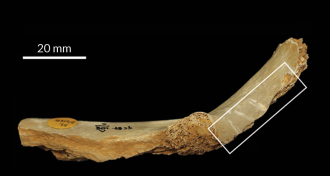 Anthropology
AnthropologyRitual cannibalism occurred in England 14,700 years ago
Human bones show signs of ritual cannibalism in England 14,700 years ago.
By Bruce Bower -
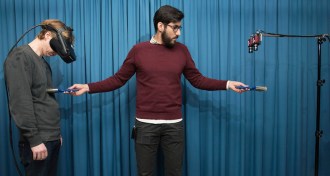 Psychology
PsychologyTo reduce stress and anxiety, make yourself invisible
We may not be able to make people invisible, but researchers have discerned its effect on the human mind in a new study.
-

-
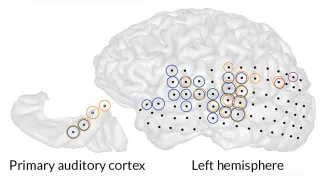 Neuroscience
NeuroscienceTinnitus causes widespread trouble
People don’t just hear the phantom ringing of tinnitus in the part of the brain that processes sounds.
-
 Neuroscience
NeuroscienceCatching Zs may snag memories, too
Flies genetically destined to be forgetful could boost their memory with sleep.
-
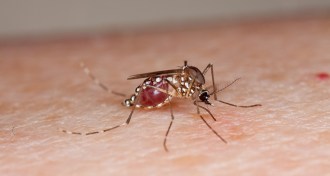 Genetics
GeneticsMosquito bites might be foretold in genes
Attractiveness to mosquitoes could be inherited, twin study suggests.